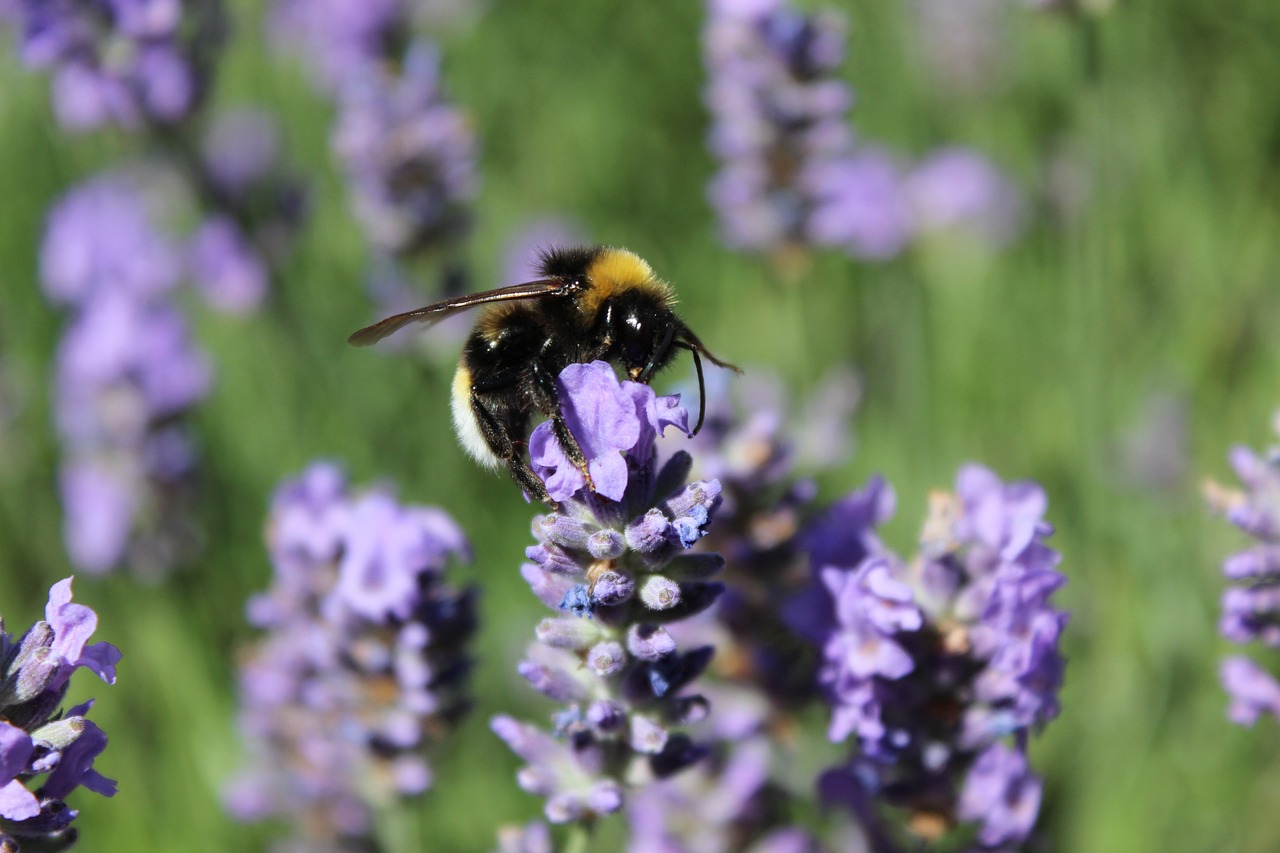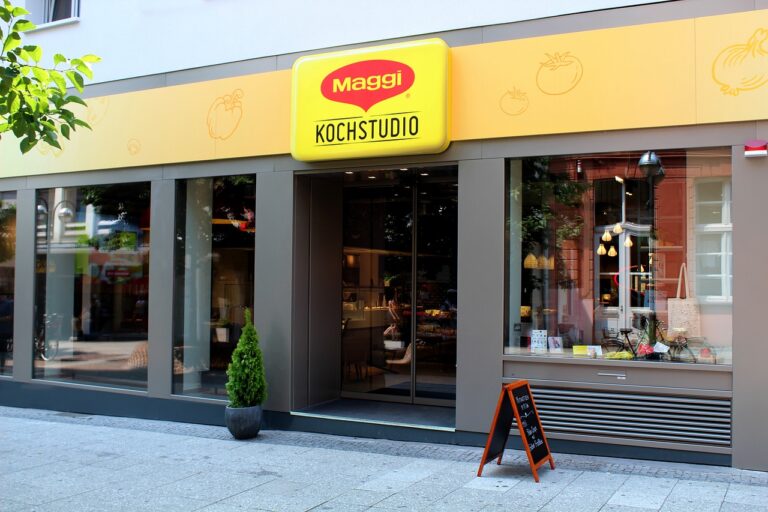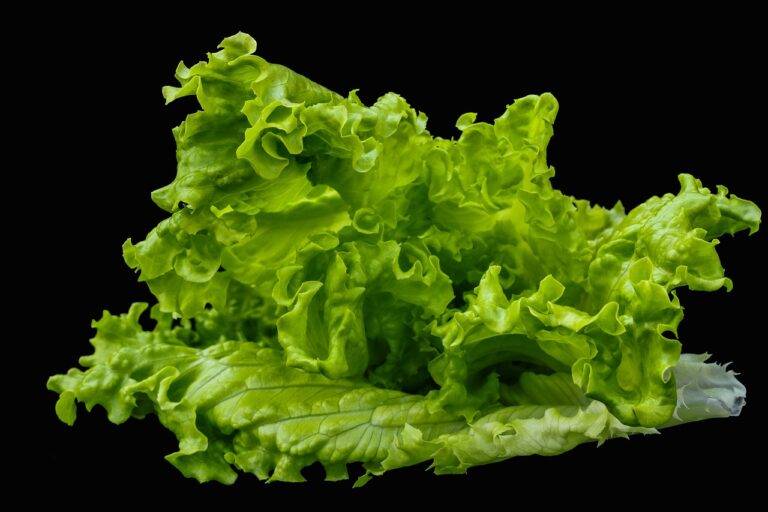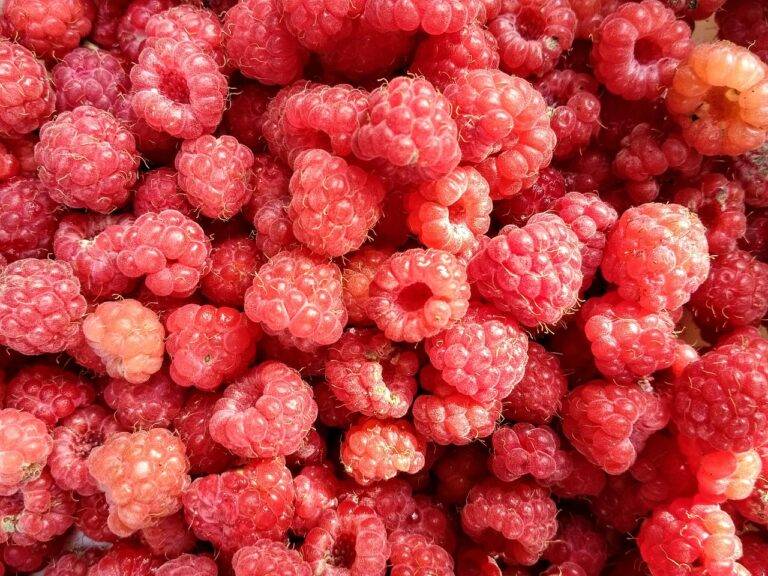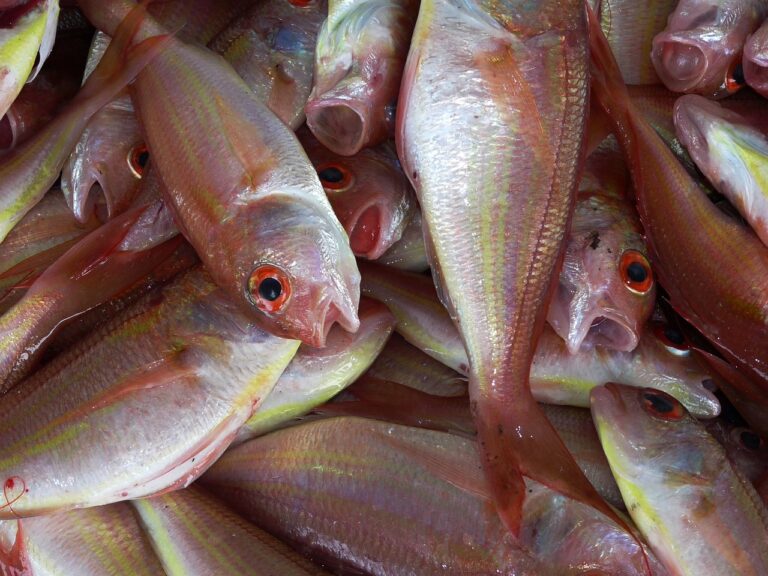Analyzing the impact of fruit pulp and puree on promoting sustainable agricultural practices: Allexchange bet, 99 exchange login, Allpanel com
allexchange bet, 99 exchange login, allpanel com: Fruits are not only delicious and nutritious but also play a crucial role in promoting sustainable agricultural practices. The processing of fruit pulp and puree has gained significant importance in recent years due to their versatility and wide range of applications in various industries. In this article, we will explore the impact of fruit pulp and puree on sustainable agriculture and how they can contribute to creating a more environmentally-friendly food system.
The use of fruit pulp and puree in food processing has numerous benefits for sustainable agriculture. By utilizing fruit pulp and puree, food manufacturers can reduce food waste by using fruits that are not aesthetically pleasing or are overripe. This helps in conserving valuable resources such as water, energy, and land that are otherwise wasted in growing fruits that go to waste.
Furthermore, fruit pulp and puree can also be used as a natural ingredient in various food products, reducing the need for artificial additives and preservatives. This promotes a healthier and more sustainable food system, as consumers increasingly demand natural and clean label products.
In addition to reducing food waste and promoting clean label products, the processing of fruit pulp and puree can also have a positive impact on farmers and local communities. By providing a market for fruits that would otherwise go to waste, fruit pulp and puree processing can help increase the income of farmers and create job opportunities in rural areas. This can contribute to the economic development of rural communities and reduce rural to urban migration.
Moreover, the by-products of fruit pulp and puree processing, such as seeds and peels, can be utilized for various purposes, further minimizing waste and promoting a circular economy. For example, fruit seeds can be used to extract oil for cooking or skincare products, while fruit peels can be used for composting or animal feed.
Overall, the use of fruit pulp and puree in food processing can have a significant impact on promoting sustainable agricultural practices. By reducing food waste, promoting clean label products, supporting farmers, and minimizing waste, fruit pulp and puree processing can contribute to creating a more environmentally-friendly and socially responsible food system.
1. Benefits of using fruit pulp and puree in food processing
Utilizing fruit pulp and puree in food processing has numerous benefits for sustainable agriculture. By reducing food waste, promoting clean label products, and supporting farmers, fruit pulp and puree processing can contribute to creating a more environmentally-friendly and socially responsible food system.
2. Reducing food waste
One of the primary benefits of using fruit pulp and puree in food processing is reducing food waste. By utilizing fruits that are not aesthetically pleasing or are overripe, food manufacturers can minimize waste and conserve valuable resources such as water, energy, and land.
3. Promoting clean label products
Fruit pulp and puree can be used as a natural ingredient in various food products, reducing the need for artificial additives and preservatives. This promotes a healthier and more sustainable food system, as consumers increasingly demand natural and clean label products.
4. Supporting farmers
The processing of fruit pulp and puree can create a market for fruits that would otherwise go to waste, increasing the income of farmers and creating job opportunities in rural areas. This can contribute to the economic development of rural communities and reduce rural to urban migration.
5. Minimizing waste
The by-products of fruit pulp and puree processing, such as seeds and peels, can be utilized for various purposes, further minimizing waste and promoting a circular economy. For example, fruit seeds can be used to extract oil for cooking or skincare products, while fruit peels can be used for composting or animal feed.
FAQs
Q: What types of fruits are commonly used for fruit pulp and puree processing?
A: A wide variety of fruits can be used for fruit pulp and puree processing, including apples, bananas, berries, mangoes, and citrus fruits.
Q: How are fruit pulp and puree used in food products?
A: Fruit pulp and puree can be used in a wide range of food products, including fruit juices, smoothies, jams, desserts, sauces, and dairy products.
Q: Are fruit pulp and puree processed using artificial additives?
A: Fruit pulp and puree are processed using natural methods and do not contain artificial additives or preservatives, making them a clean label ingredient.
Q: What are the environmental benefits of using fruit pulp and puree in food processing?
A: Using fruit pulp and puree in food processing helps reduce food waste, conserve resources, and promote a more sustainable food system.
In conclusion, fruit pulp and puree play a crucial role in promoting sustainable agricultural practices by reducing food waste, promoting clean label products, supporting farmers, and minimizing waste. By utilizing fruit pulp and puree in food processing, we can create a more environmentally-friendly and socially responsible food system that benefits both the planet and local communities.

